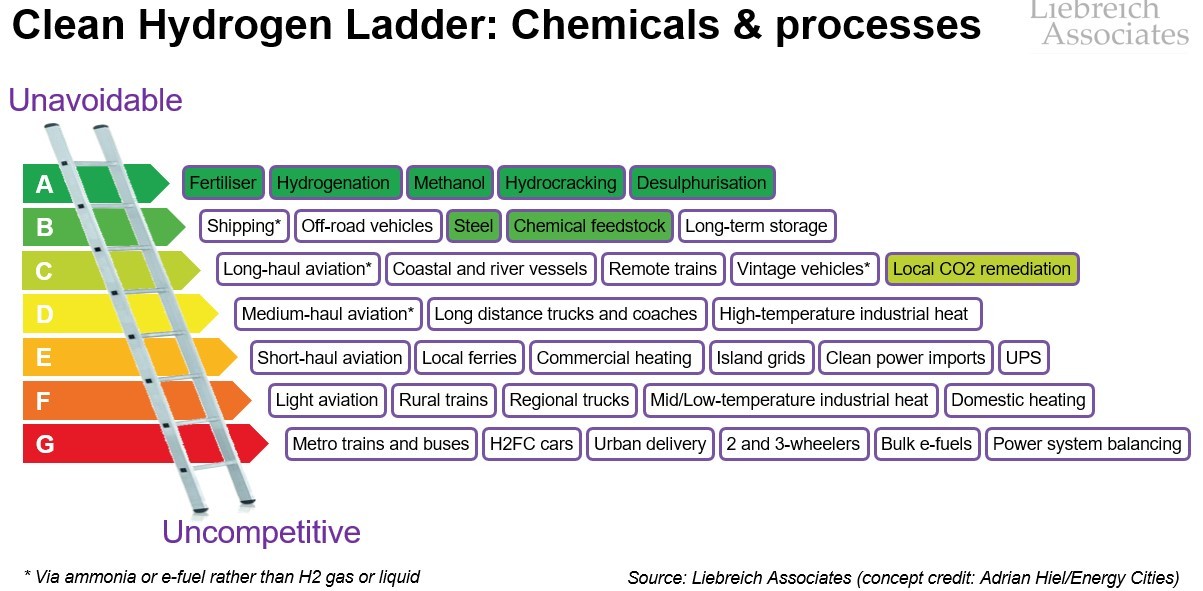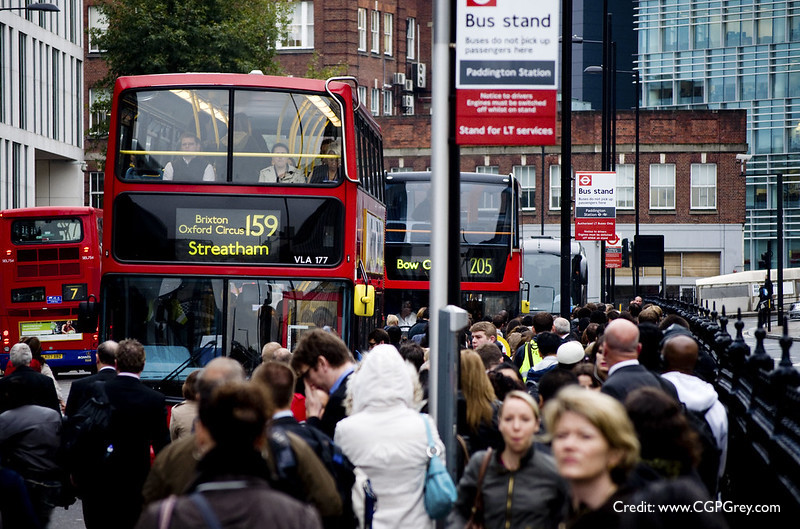March 2020 Newsletter: Covid-19 and the Low-Carbon Transition
When I sent out my first Liebreich Associates newsletter in January, little did I think I would be writing my next newsletter in such a different world – which I describe in the piece I have just written for BloombergNEF.
The first two months of the year passed fairly unremarkably – January and February are usually fairly quiet for me. By the beginning of March, however, I was becoming very concerned by the Covid-19 situation. On 4 March I attended an event at the House of Commons to celebrate one year since the UK Government’s historic Offshore Wind Sector Deal, and felt very uncomfortable shaking hands; on 12 March I spoke at an excellent event, hosted by the Energy Systems Catapult, launching its report on Innovating to Net Zero, but it was an uncomfortable experience, wondering who in the audience or on the panel might be infected.
In mid-March, with my upcoming speaking engagements being postponed one after the other, my wife and I took the kids out of school, loaded my 88-year-old mother and our new boxer puppy into the car, and headed for our place in the Swiss Alps. It looks like we are going to be out here some time, and we have just agreed to open our house in London to a nurse at the nearby St Mary’s Hospital in Paddington. These are scary times, and it’s going to get worse before it gets better. Anyone who thinks it will be safe to lift the lockdown across the US by Easter Sunday is delusional (but we pretty much knew that already).
The main reason for today’s newsletter was to share my most recent BloombergNEF piece, entitled Covid-19, the Low-Carbon Crisis, which was published this week. As you may know, in December last year, I wrote that Peak Emissions Are Closer Than You Think, predicting that energy-related CO2 emissions would likely peak during the next few years and drop 5% by 2030. Now it looks like we might see that 5% drop this year. In my piece, I explain why I think the near-term future is grimmer and will go on for longer than most commentators; I look at the oil price war that has driven WTI crude down to $25 per barrel, and explain why I think Saudi Arabia has made another historic mistake; and I explore the longer-term implications of the Covid-19 crisis – how the resulting technological and business model innovation, behavioural changes and policy interventions could have a profound accelerating effect on the transition to a lower-carbon economy. If we handle the recovery right, there is every chance that we never again see the emissions levels of 2018 and 2019.
A second piece of work which has taken a bit of my time over the past few weeks has been helping Zeelo, the smart mobility company where I am an investor and chair, respond to the crisis. We have pivoted from providing staff commuter services to major corporations towards helping employers get critical staff to and from work during the lockdown – reliably, in sanitised vehicles and maintaining social distance. If you know any organisations that might need such a service, there is more information here, or just email us.
Other than that, I have one tidbit to help you fill the empty hours between Zoom calls and games of Scrabble with your loved ones: a three-hour, two-part podcast (Part 1; Part 2) that I recorded for the incomparable Energy Transition Show (subscribe now if you don’t already!). You may recall from my last newsletter (or from 47 billion tweets) that I have been doing my best to draw attention to the sheer implausibility of the IPCC’s most extreme scenario, RCP 8.5. In the podcast, I discuss it with one of the world’s leading modellers, Dr Nico Bauer, who is responsible for the extreme SSP5-8.5 scenario in the next major IPCC Assessment Report. Listen for yourself – truly it was like talking to a Soviet Central Planner in 1989; Dr Bauer provided endless detail on his methodology, but refused to accept that both it and his assumptions were so flawed as to produce garbage, nor that his results are being misused on a heroic scale. More than ever I believe we need to focus on the 3C of climate change we are going to see by 2100 if we don’t act, rather than the 5C or 7C of the extreme scenarios which are not in the realms of plausibility.
Well, that’s all for this quarter. I hope my short-term pessimism is unfounded, and my long-term optimism is justified.
Stay safe, and see you again in three months!
Michael
Terms of use: photos and other media may be used exclusively for the purpose of publicising an upcoming or past event involving Michael Liebreich, or to illustrate an article written by him. Their use must be accompanied by a clear indication of copyright in the following form:
© Liebreich Associates/name of photographer. Photos or other media downloaded in this way remain the property of Liebreich Associates Ltd. Any infringement of these terms of use may result in legal action by Liebreich Associates Ltd or by the respective photographer or rights holder.





